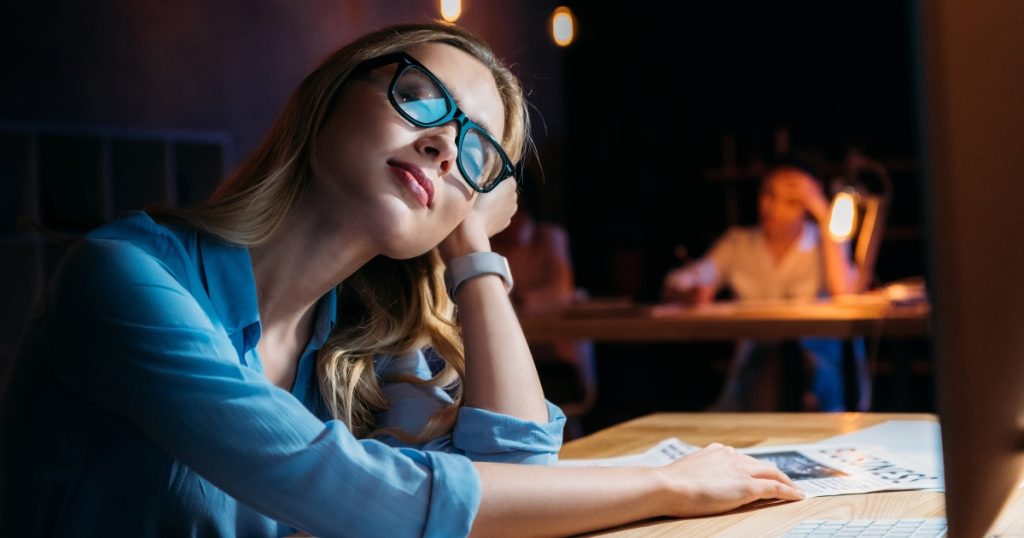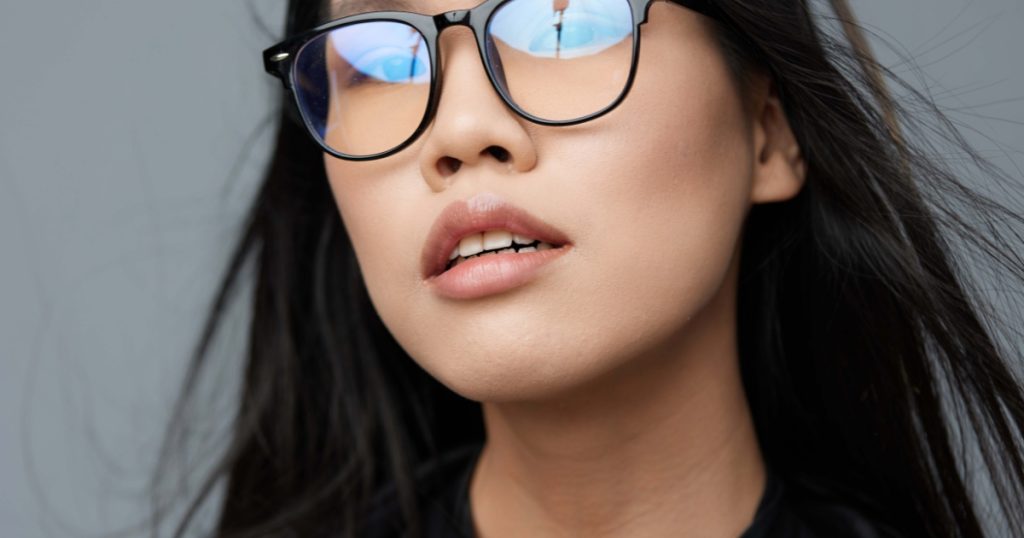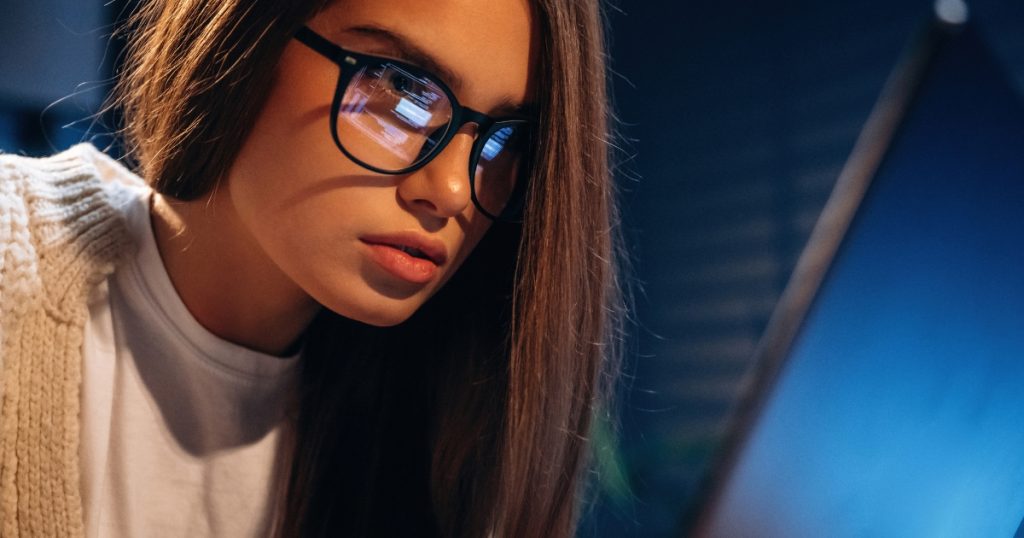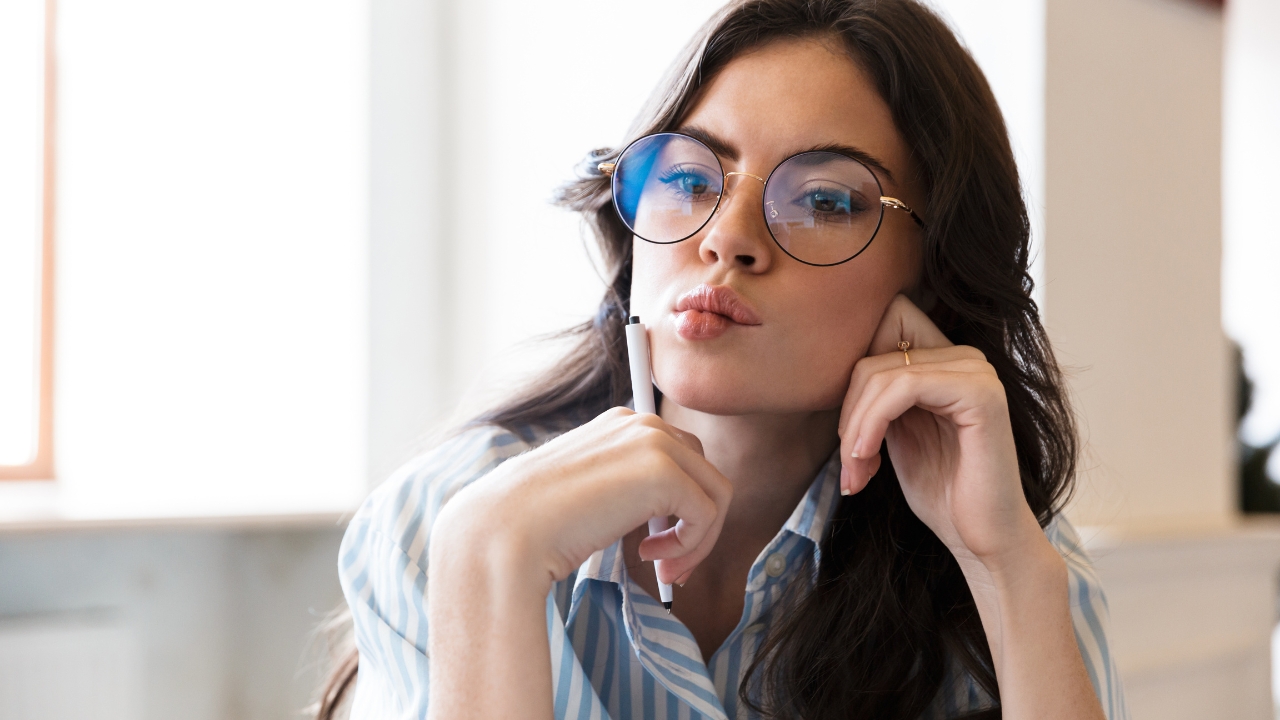Check out the benefits of Blue Light Blocking Glasses. Learn how these glasses safeguard your eyes from digital pressure, enhance sleep, and reduce pain. Discover why they’re a must-have for anybody
Thank you for reading this post, don't forget to subscribe!Introduction
In today’s digital age, we spend an increasing quantity of time in front of screens– from smartphones and computer systems to televisions and tablets. Technology has changed how we work, communicate, and amuse ourselves, but it has actually likewise caused a new set of challenges. Among the most noteworthy issues is the impact of blue light exposure on our eyes and total well-being.
Blue Light Blocking Glasses is a high-energy, short-wavelength light given off by digital screens, LED lighting, and even the sun. Although blue light is natural and part of the sunlight spectrum, extreme direct exposure to artificial blue light– specifically at night– can cause eye stress, discomfort, and interfered with sleep patterns. This is where blue light-blocking glasses come in.
Blue light-blocking glasses are created to filter out or obstruct a portion of the blue light released from digital screens. These glasses are becoming progressively popular amongst people who invest long hours in front of computer systems, mobile phones, or other digital devices. In this short article, we’ll dive into the science behind blue light, explore the benefits of blue light-blocking glasses, and supply helpful tips for choosing the right pair for you.

Understanding Blue Light and Its Effects
Before we check out the advantages of Blue Light Blocking Glasses, we must understand what blue light is and how it impacts our eyes and health.
What is Blue Light?
Blue light is a noticeable light with a brief wavelength, varying from 380 to 500 nanometers. Natural blue light, which comes from the sun, assists in managing our circadian rhythm– the internal body clock that dictates our sleep-wake cycle.
Due to prolonged direct exposure, the blue light discharged from digital screens and artificial sources (such as LED lighting) can be bothersome. With the average individual spending hours using electronic devices daily, our eyes are constantly exposed to high amounts of blue light.
The Negative Effects of Blue Light Exposure
Digital Eye Strain: Prolonged exposure to digital screens can lead to digital eye stress or computer vision syndrome (CVS). Blue light has been discovered to contribute to this pain, as it causes the eyes to work more difficult when focusing on screens for prolonged periods.
Disrupted Sleep Patterns: Blue light, especially at night, reduces the production of melatonin, the hormone responsible for managing sleep. Many individuals experience “sleep deprivation” due to the usage of tablets, smart devices, or computers late at night.
Potential Retinal Damage: Some studies recommend that extended direct exposure to high levels of blue light may result in retinal damage in time. More research is required to figure out the extent of this damage. The concern is that constant exposure to blue light could contribute to age-related macular degeneration (AMD), a leading cause of vision loss.
The Benefits of Blue Light Blocking Glasses
Blue Light Blocking Glasses are specifically designed lenses that filter out or block a considerable part of blue light. These glasses usually have a yellow-coloured or amber tint that helps minimize blue light direct exposure, making digital screen usage more comfortable. Let’s check out the main benefits of these glasses:
1. Lowering Eye Strain and Discomfort
Blue light obstructing glasses can help reduce the pain related to extended screen time. By minimizing the amount of blue light entering the eyes, these glasses reduce the stress on the eye muscles, leading to less fatigue and a more comfortable viewing experience. Many users report less eye pain, dryness, and fuzzy vision after using blue light-obstructing glasses for a prolonged period.
2. Improving Sleep Quality
As pointed out, blue light exposure at night can disrupt your sleep patterns by suppressing melatonin production. Blue light-blocking glasses can help alleviate this result by removing the blue light that hinders your body’s natural sleep-wake cycle. Using these glasses at night, specifically, before bedtime, may make it much easier to fall asleep and enjoy a much deeper, more restful sleep.
3. Reducing the Risk of Retinal Damage
Although more research is required, some experts believe that prolonged direct exposure to blue light may increase the danger of retinal damage and age-related macular degeneration (AMD). Using blue light-obstructing glasses may lower the amount of blue light that reaches your retina, potentially reducing the danger of long-term eye damage. While blue light-obstructing glasses are not an ensured option for avoiding AMD, they might contribute to lessening the threat.
4. Enhancing Comfort for People with Light Sensitivity
Individuals who experience a light level of sensitivity or photophobia may use blue light-blocking glasses. Blue light can be more intense for individuals with light sensitivity, and wearing these glasses can assist in decreasing discomfort brought on by exposure to screens and bright lights. This is particularly valuable for individuals with conditions like migraines or recovering from eye surgery.
5. Offering a Stylish Solution for Eye Protection
Blue Light Blocking Glasses come in various styles, making them a trendy device and a practical tool for eye security. Whether you choose a streamlined, modern-day appearance or a more timeless frame, you can find a pair that matches your style while offering the benefits of blue light filtering.

Picking the Right Pair of Blue Light Blocking Glasses
When choosing Blue Light Blocking Glasses, you must consider several factors to ensure you get the best product for your requirements. Here are some things to think about:
1. Level of Blue Light Blocking
Not all Blue Light Blocking Glasses are developed equal. Some glasses obstruct up to 50% or more of blue light, which can provide substantial relief for those who experience digital eye pressure.
2. Lens Color
The colour of the lenses plays a crucial role in the effectiveness of blue light-obstructing glasses. Since they selectively block shorter wavelengths, lenses with a yellow or amber tint are usually more effective at filtering out blue light. Some people choose clear lenses for aesthetic reasons. Clear blue light-blocking lenses are still effective at minimizing digital eye pressure but may not filter as much blue light as tinted lenses.
3. Frame Style and Fit
Given that you will be using these glasses for extended durations, it’s essential to choose a frame that is comfortable and suits your style. Find frames that fit well and don’t trigger pain behind your ears or nose. Numerous frame designs consist of full-frame, semi-rimless, and rimless options.
4. UV Protection
In addition to blocking blue light, some light-obstructing glasses provide UV protection. This is especially crucial if you hang outdoors or your digital devices give off hazardous UV rays. Glasses that use blue light stopping and UV defence provide comprehensive eye security from digital stress and direct sun exposure.
5. Cost and Quality
While many budget-friendly blue light-blocking glasses are offered, balancing cost with quality is crucial. Select glasses from reputable brands understood for their sturdiness and efficiency. Find customer reviews and ratings to ensure you purchase an item with real benefits.

FAQ Section
1. Do Blue Light Blocking Glasses work?
Blue light-blocking glasses can efficiently decrease digital eye stress, ease pain, and enhance sleep quality by filtering out hazardous blue light emitted from digital screens. Many users report a visible improvement in eye convenience after routinely using them.
2. Can Blue Light Blocking Glasses enhance sleep?
Yes, wearing blue light-blocking glasses, particularly at night, can improve sleep quality by minimizing blue light exposure before bedtime. This assists in controlling melatonin production, making it more straightforward to drop off to sleep and attain a relaxing night’s sleep.
3. Can Blue Light Blocking Glasses prevent eye damage?
While more research is required, wearing blue light-blocking glasses might help reduce the threat of retinal damage triggered by extended direct exposure to blue light. These glasses may also lower the danger of age-related macular degeneration (AMD), although they are not a definitive solution for avoiding eye disease.
4. Are Blue Light Blocking Glasses safe for kids?
Yes, blue light-blocking glasses are safe for kids and can be helpful for those who spend extended durations of time in front of digital screens. Like adults, children can experience digital eye stress and interfere with sleep patterns from extreme blue light exposure.
5. Can I wear Blue Light Blocking Glasses all day?
Yes, you can use blue light-obstructing glasses throughout the day. Many use them while working on computers, using mobile phones, or enjoying TV. Wearing them throughout the day can supply relief if you experience digital eye strain or pain from extended screen use.

Conclusion
In an age controlled by screen time, blue light-obstructing glasses are necessary to safeguard our eyes and enhance our total well-being. These glasses help reduce digital eye pressure, promote better sleep, and may even lower the danger of long-term eye damage. With various choices in style, lens colour, and functionality, blue light-obstructing glasses have functional and aesthetic benefits.
By comprehending the science behind blue light and its results on our eyes, you can make an educated decision about including these glasses in your daily routine. Whether you’re a trainee, expert, or someone who spends much time in front of screens, blue light-obstructing glasses are a beneficial financial investment for long-term eye health and comfort.
Blue light-blocking glasses are designed to filter out or block a part of the blue light emitted from digital screens. Blue light-blocking glasses are specifically created lenses that filter out or obstruct a considerable portion of blue light. Using blue light-blocking glasses may lower the amount of blue light that reaches your retina, possibly decreasing the danger of long-term eye damage. Blue light can be more intense for people with light levels of sensitivity, and using these glasses can assist in reducing pain triggered by direct exposure to screens and intense lights. In addition to blocking blue light, some blue light-blocking glasses also provide UV security.
